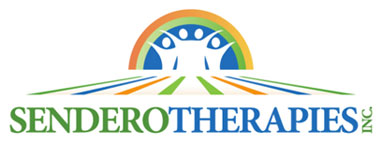SLP SPEECH-LANGUAGE PATHOLOGIST
Speech therapy is a service that helps people improve speech and language skills so they can communicate effectively with others. In the pediatric setting, therapists use their expertise to help children improve their expressive language (what they are able to say) and their receptive language (what they are able to understand) as well as articulation and social skills. Areas that are often addressed are language, voice, social communication, fluency, and articulation.
Therapy varies from child to child, but may include building language skills by learning new words, learning to speak in sentences, or improving their listening skills. It also may include practicing specific speech sounds, provided placement cues, in order to make their speech clearer. Children who cannot talk may work on communicating through picture exchange or through a computer that speaks for them.
If a child has difficulties with social language, direct instruction may consist of teaching a child to begin an interaction with a friend, maintain a topic of conversation, or respond to a friend’s request to play. Our SLPs perform an evaluation to assess each child’s strengths and areas of need, and develop individualized therapy goals to best address the needs of your child so they can communicate and participate successfully with peers and adults.
What is a speech-language pathologist?
A speech-language pathologist, or speech therapist, is someone who specializes in working with individuals who have difficulties in the area of communication. Difficulties with communication can include a person who has trouble understanding others (receptive language), sharing thoughts, ideas, and feelings (expressive language), or producing speech sounds correctly. Therapists assess, diagnose, treat and help to prevent disorders related to speech, language, social skills, voice, swallowing and fluency
How do I know if my child needs Speech Therapy?
Your child might need speech therapy if:
-Your child has a difficult time expressing their thoughts, needs, or ideas.
-Your child has difficulties understanding others and following directions.
-People are often not able to understand what your child is saying.
-Your child’s voice often sounds hoarse, scratchy, rough, breathy, too high/low, or too soft/loud.
-Your child’s speech is dysfluent (stuttering). For example: repetitions B-b-b-b-but I want to go.
-Your child’s social skills seem different than their peers in terms of eye contact, play skills, turn taking, engaging with others, understanding vocal tone and facial expressions and knowing how to make friends.
